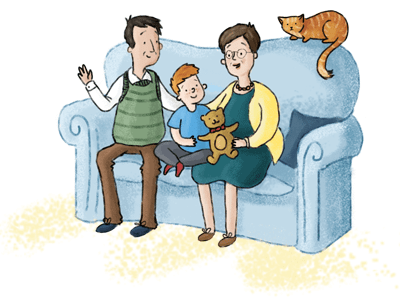
Wardship is a legal mechanism where the court takes responsibility for a child’s welfare, superseding parental authority. A Wardship Order is often made in complex cases, often when there is an international element, when the child is vulnerable and in danger.
Hannah Williams, Associate and Solicitor in Bromleys Childcare Department, explains wardship and what you might need to know.
What is Wardship?
Wardship is a legal status where the High Court assumes the role of the guardian for a child. This action is typically taken when there are disputes concerning child with an international element. For example, in cases where a child has been wrongfully removed from the jurisdiction and an order for return is made, it is often thought that a High Court wardship order may carry greater weight in the country to which the child has been removed than an order made under other proceedings.
As a ward of the court, the child’s day-to-day care remain with an individual or the local authority but any significant steps in the child’s life require the court’s approval. The child cannot be removed from England and Wales without the court’s permission.
When might wardship be necessary?
Practice 12D of the Family Procedure Rules state that ‘such proceedings should not be commenced unless it is clear that the issues concerning the child cannot be resolved under the Children Act 1989’.
It may be necessary:
- to restrain publicity;
- to prevent an undesirable association;
- for emergency medical treatment;
- to protect a child from forced marriage;
- to protect abducted children, or children where the case has another substantial foreign element.
The Role of the Court
The court obtains parental responsibility for the child, which they share with those who already have it, but no significant steps can be taken without the court’s approval. The following are some examples of when the court’s permission is required:
- significant medical or psychiatric examination and treatment of the ward;
- interview of the ward by an independent reporter or the police;
- marriage of the ward;
- change in the ward’s education, residence or whereabouts;
- the ward leaving the jurisdiction of England and Wales;
- the ward moving foster placements;
- any adoption proceedings in respect of the ward;
- changing the ward’s name.
How does Wardship come to an end?
Warship will expire when a child reaches 18 or will be terminated if a Care Order is made in regard to the child.
For more detailed information and support regarding wardship, it’s crucial to speak with legal experts. Our empathetic and supportive team at Bromleys can help, call us today on 0161 884 0904 or email bromleys@bromleys.co.uk.











